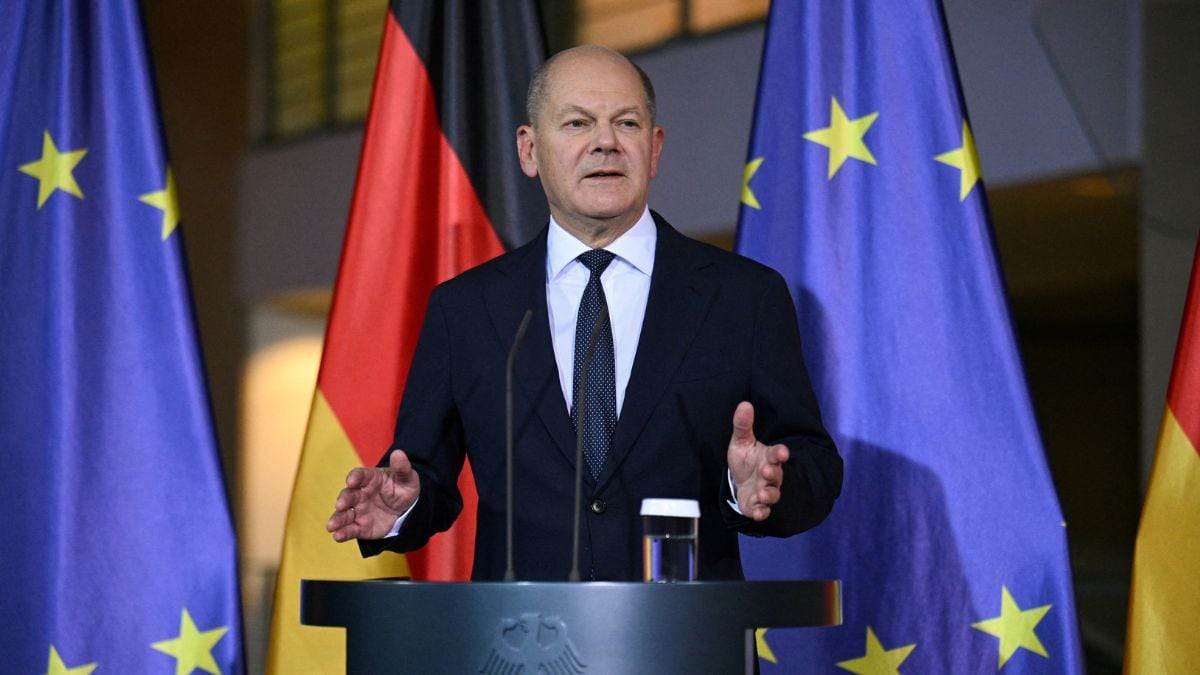Tag Archives: Germany’s
Next year, Germany’s Deutschlandticket will cost 58 euros
That’s because the state has to spend money on updating the railway infrastructure rather than subsidizing the cost of the popular pass After months of bickering and speculation on the topic, it is now official – Germany’s popular public transport pass, known as Deutschlandticket will become more expensive from 1 January 2025. The new price of the monthly pass allowing access to local and regional buses and trains throughout the country will be raised to 58 euros. The current price of 49 euros will be in place until the end of the year, as agreed by the transport officials of the federal and state governments, however, it has been deemed unsustainable in the long term. "The agreement at the special conference of transport ministers shows that the states want to hold on...
Germany’s government on brink of collapse: What’s next for Europe’s economic powerhouse?
Politics tamfitronics Politics tamfitronics Germany is facing a political crisis after Chancellor Olaf Scholz dismissed Finance Minister Christian Lindner, dissolving the ruling coalition amid economic woes and growing dissatisfaction with mainstream politics. Scholz’s Social Democrats and the Greens now attempt to form a minority government while navigating issues like budget deficits, military spending, and Ukraine supportread moreGerman Chancellor Olaf Scholz attends a media briefing at the Chancellery after sacking Finance Minister Christian Lindner following a meeting with the heads of the so-called "Traffic Light Coalition" in Berlin, Germany, November 6, 2024. ReutersThe German government has unravelled following Chancellor Olaf Scholz’s dismissal of his finance minister, Christian Lindner, marking a turning point for Europe’s largest economy.This unexpected upheaval arrives amidst a backdrop of economic stagnation, political tension, and external pressures, with Germany and the European Union...








